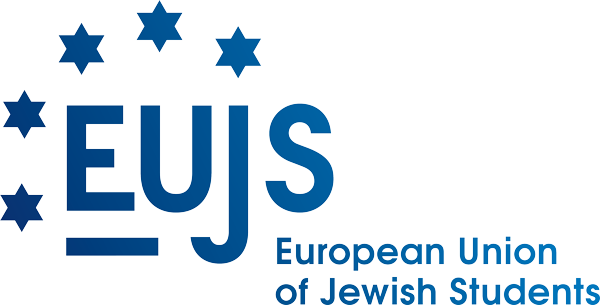EUJS’ Board members joined European Jewish representatives at the 9th Annual Meeting of the European Forum on Antisemitism in Berlin, hosted by AJC Ramer Institute and the Friedrich Ebert Foundation. The meeting focused on the rise to power of right-wing groups and the challenges this poses to European Jewish communities.
Deidre Berger, Director of AJC Berlin Ramer Institute for German-Jewish Relations and Franziska Schröter, from the Friedrich Ebert Foundation Project on Combating Right-Wing Extremism opened the forum organized into four sessions.
The first panel focused on the current challenge of dealing with populist and right-wing parties and movements in ways that do not compromise Jewish security and the values we hold dear.
The second session dealt with the Jewish response to existential and elemental issues such as the contemporary efforts to restrict or ban circumcision and shechita in Europe; whereas in the third the useful tools to counter anti-Semitism have been discussed: the IHRA working definition; the appointment of national coordinators or commissioners on antisemitism (as it was recently approved in the German Parliament); as well as the ODHIR practical guide “Words Into Action” to instruct governments on how to address the security needs of Jewish communities.
On the agenda, also the ways to confront the demystification of taboos against antisemitism, both through public actions and in contact with governments and legislators. In her remarks, Alina Bricman spoke of the new Austrian Government coalition, referring back to the similar political situation of the early 2000s, and the much more vigorous condemnation by both civil society and governments of the accession to power of the far-right Austrian Freedom Party. “This was a show of strength and of solidarity between civil society and governments that should serve as a best practice for today’s political climate. The idea of a «cordon sanitaire» that democratic parties and civil society uphold in refusing to collaborate with extreme right parties on principle because those parties’ views are contrary to the core values of a free society. Now of course not every case will be clear, there will surely be cases where we will be uncertain. So this is also important: finding the right place to draw those red lines.”






















